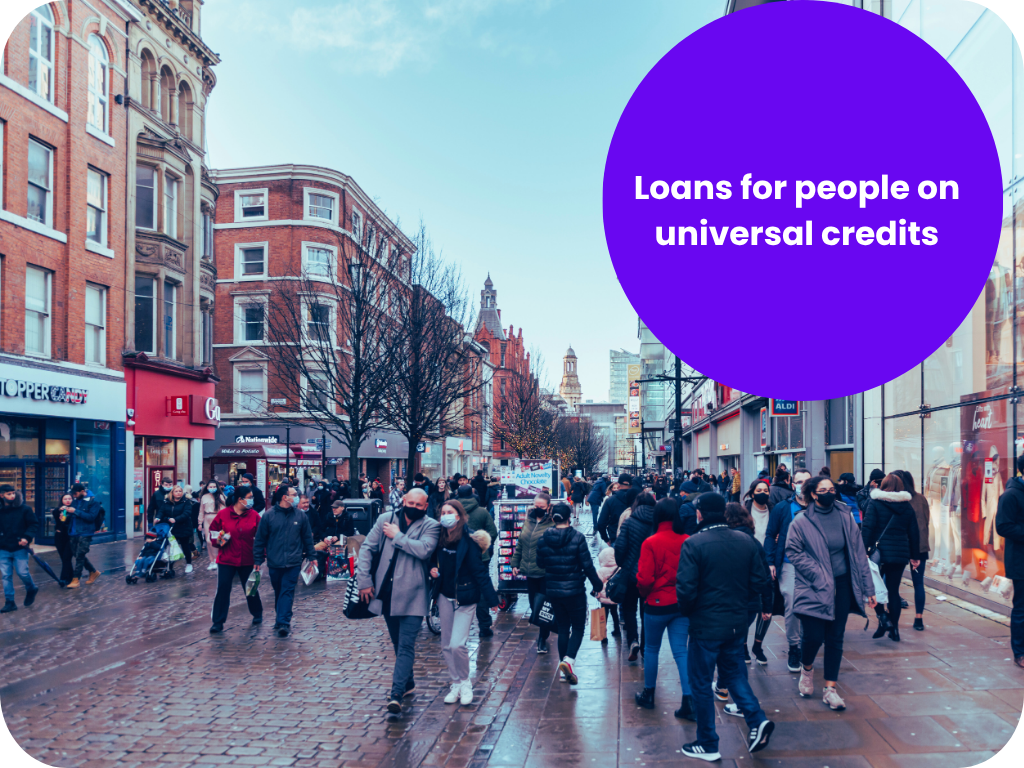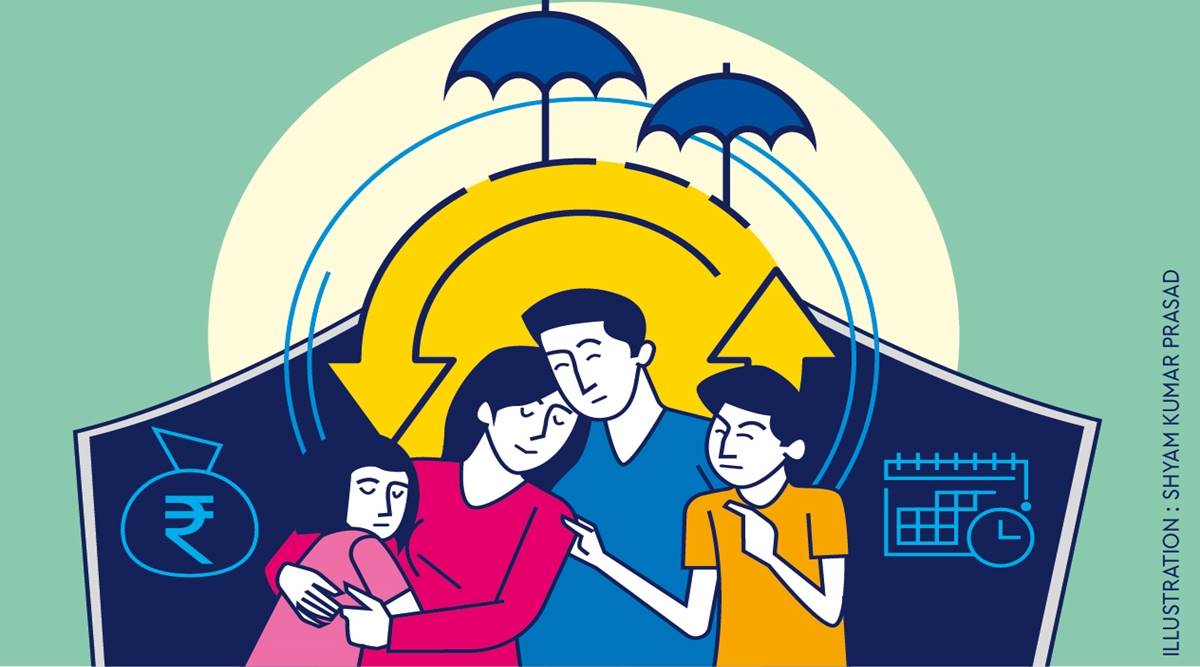
Living on Universal Credit can make it difficult to manage unexpected costs. Whether it’s emergency car repairs, a broken boiler, or an urgent bill, many people turn to borrowing to help cover shortfalls. But what options are available if you’re receiving Universal Credit? And can you get approved for a loan?
Representative 79.5% Rates from 48.1% APR to 1721% APR. The minimum Loan Term is 3 months. The maximum Loan Term is 36 months. Representative Example: £1,000 borrowed for 18 months. Monthly Repayment of £89.22. The total amount repayable is £1605.96. Interest amounts to £570.44, an annual interest rate of 59.97% (fixed) Representative APR: 79.5% (variable).
In this guide, we’ll explore how loans for people on Universal Credit work, your best options, and what to consider before applying.

Can You Get a Loan on Universal Credit?
Yes, it’s possible to get a loan while receiving Universal Credit. Some lenders are willing to work with people on benefits, as long as you can show that you can afford the repayments. Your Universal Credit payment can count as part of your income when assessing affordability.
However, borrowing options may be more limited. Mainstream banks might reject applications from those with lower or irregular incomes. That’s where specialist lenders — like those we work with at Dot Dot Loans — come in.
Budgeting Advances from the Government
Before considering private borrowing, check if you’re eligible for a Budgeting Advance through your Universal Credit account. This is an interest-free loan provided by the Department for Work and Pensions (DWP) to help with essential one-off expenses, such as:
- Emergency household costs (like replacing a cooker)
- Work-related costs (like buying equipment)
- Funeral expenses
You’ll need to repay the advance through deductions from your future Universal Credit payments. The amount you can borrow depends on your circumstances but usually ranges from £100 to £812.
What About Personal Loans?
If a Budgeting Advance doesn’t cover your needs, a personal loan could be an alternative. Some lenders specialise in helping people with lower credit scores or incomes, including benefit claimants.
At Dot Dot Loans, we work with a panel of UK lenders who consider applications from people receiving benefits, including Universal Credit. All lenders we work with are FCA-authorised and follow responsible lending practices.
What Do Lenders Look At?
Each lender will have their own criteria, but typically, they will consider:
- Your total monthly income (including benefits)
- Your regular expenses and outgoings
- Your credit history and any existing debts
- Whether the repayments are affordable based on your situation
Some lenders will carry out a soft search at the eligibility stage, which won’t affect your credit score. If you’re eligible and choose to go ahead, a hard credit check may be carried out before approval.
Things to Watch Out For
When borrowing on a limited income, it’s important to be cautious. Here are some things to keep in mind:
- Affordability: Only borrow what you can realistically afford to repay. Missed payments can lead to extra fees and impact your credit rating.
- Interest rates: Loans for people on benefits can come with higher interest rates. Always check the total cost of credit before applying.
- Loan term: Spreading repayments over a longer period might reduce your monthly costs, but it can increase the total amount you repay.
- Loan scams: Be wary of unregulated lenders or anyone who asks for upfront fees. Always make sure the lender is authorised by the Financial Conduct Authority (FCA).
Alternatives to Loans
If you’re struggling financially, it’s worth considering other forms of support that don’t involve borrowing:
- Local welfare assistance: Some councils offer grants or support schemes for residents in financial hardship.
- Charities: Organisations like Turn2us, StepChange, or Citizens Advice can offer practical help and financial advice.
- Credit unions: These community-based lenders offer fair and affordable loans, and may be more flexible for people on benefits.
Tips Before You Apply
- Check your credit score: This helps you understand what lenders will see when reviewing your application.
- Use a soft search tool: Dot Dot Loans lets you check your eligibility with no impact on your credit score.
- Compare options carefully: Look at APR, loan term, repayment amounts, and total cost of credit.
- Avoid multiple applications: Too many applications in a short space of time can negatively affect your credit file.
Final Thoughts
Receiving Universal Credit doesn’t automatically disqualify you from getting a loan, but it’s important to approach borrowing carefully. If you’re eligible for a Budgeting Advance, that should be your first port of call. If not, there are regulated lenders — like those we work with — who may still be able to help.
At Dot Dot Loans, we’re committed to making the process clear and transparent. Our smart soft search technology helps you find loans that match your circumstances — with no hidden fees, no impact on your credit score, and no pressure to proceed.
If you’re considering a loan on Universal Credit, take a few moments to explore your options and make the right choice for your situation.







